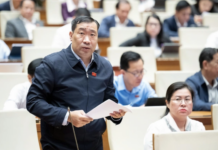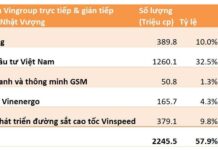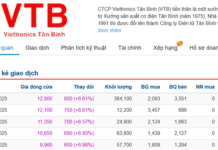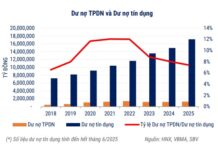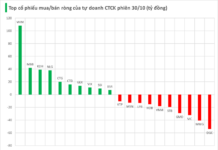Vietnam’s economy continues to show positive growth, as reported at the regular July press conference of the Government held in Hanoi this afternoon (August 5). Tran Van Son, Minister and Chairman of the Government Office, and Spokesperson of the Government, shared that the economic development trend remains positive, with most sectors performing better in July compared to June, and the seven-month period showing overall improvement from the same period in 2023.
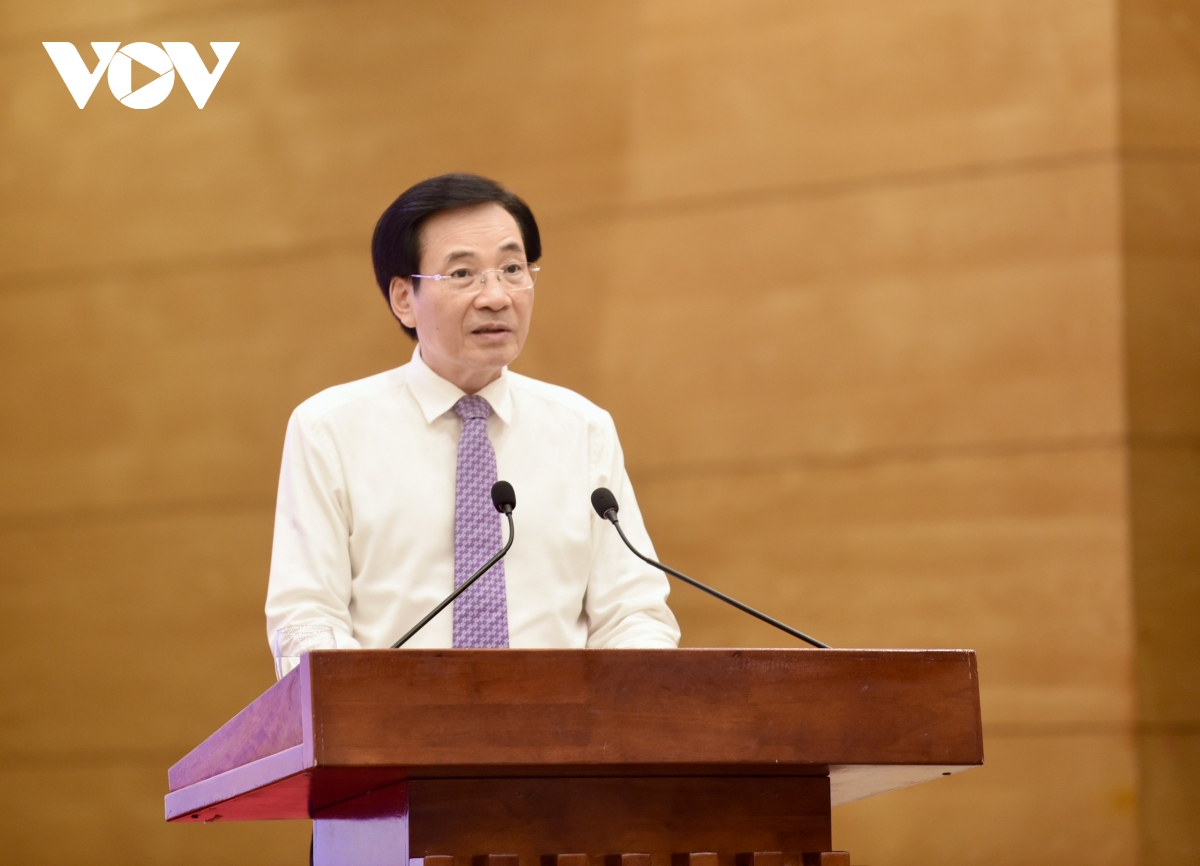
Minister and Chairman of the Government Office Tran Van Son, Spokesperson of the Government, chairs the press conference.
Positive Growth Across Most Sectors
Minister Tran Van Son highlighted the positive growth across the three key sectors of agriculture, industry, and services. Notably, the Purchasing Managers’ Index (PMI) for July 2024 reached 54.7 points, the highest since November 2018, indicating strong increases in production and new orders.
Vietnam’s macroeconomy remains stable, with inflation under control and key economic balances maintained. The consumer price index (CPI) for the seven-month period increased by 4.12%, a 0.04% rise compared to June. Exchange rates and interest rates have generally remained stable. Energy and food security have been ensured, with rice exports reaching 5.18 million tons and a turnover of nearly USD 3.3 billion. The labor market has shown a strong recovery, and there is a basic balance between labor supply and demand.
Exports continue to surge, resulting in a significant trade surplus that contributes to a positive balance of payments. July exports rose by 6.7% compared to June and 19.1% from the previous year. Cumulative exports for the seven-month period increased by 15.7%, while imports rose by 18.5%, resulting in a trade surplus of USD 14.08 billion.
State budget revenue has increased significantly, and the financial situation has improved. The state budget revenue for the seven-month period is estimated at 69.8% of the annual estimate, a 14.6% increase compared to the same period last year. At the same time, tax, fee, and charge exemptions and reductions totaling VND 87.2 trillion have been implemented. Public debt, government debt, foreign debt, and budget overspending are all controlled below the set limits.
Investment in development continues to yield positive results, creating a driving force for growth. FDI attraction reached USD 18 billion, an increase of 10.9%, while realized FDI capital reached USD 12.55 billion, up by 8.4%, the highest in the last five years.
Business development maintains its positive trend. In July, 14,700 new businesses were registered, a 7.3% increase compared to the previous year. In the seven-month period, 139,500 new and re-entering businesses were established, a 5.9% increase compared to the same period last year.
Salary Increase Without Significant Impact on Prices
Minister Tran Van Son emphasized that the implementation of the salary reform policy starting in July 2024 has been successful, with no significant impact on prices, and has received support from the entire political system and the people of Vietnam.
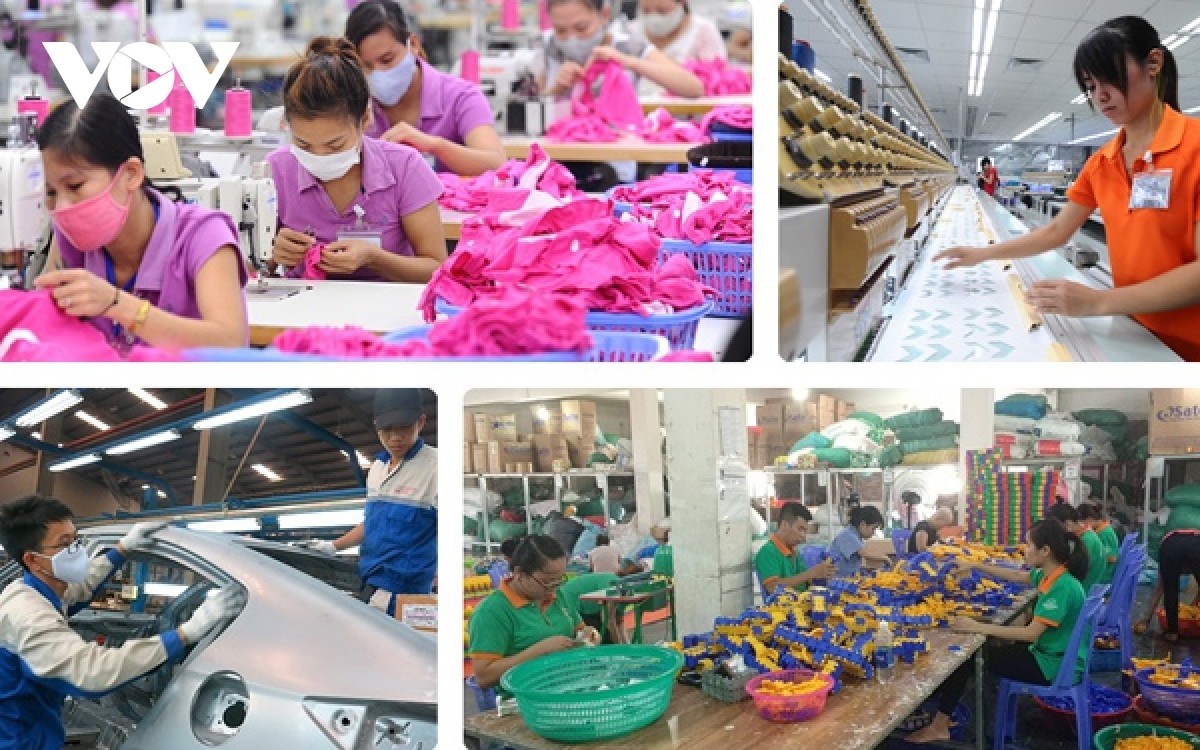
Illustrative image
The Minister also acknowledged existing challenges and limitations, including persistent inflationary pressures, risks in global financial, monetary, and real estate markets, difficulties in production and business operations in certain sectors, a high number of business withdrawals from the market, access to credit, and slow progress in resolving difficulties and bottlenecks in the real estate market, as well as delays in deploying the VND 140 trillion credit package for social housing.
According to the Government Spokesperson, the focus in the coming time should be on promoting growth while maintaining macroeconomic stability, controlling inflation, and ensuring key economic balances. It is crucial to renew traditional growth drivers and vigorously promote new ones. More aggressive approaches are needed to accelerate the disbursement of public investment capital and national target programs.
Additionally, there is a need to improve institutions and laws, reform administrative procedures, and accelerate the national digital transformation process. A comprehensive review of conflicting, overlapping, and impractical mechanisms, policies, and legal provisions should be conducted to propose amendments and supplements. Red tape must be cut, and administrative procedures simplified, while also promoting digital transformation.










